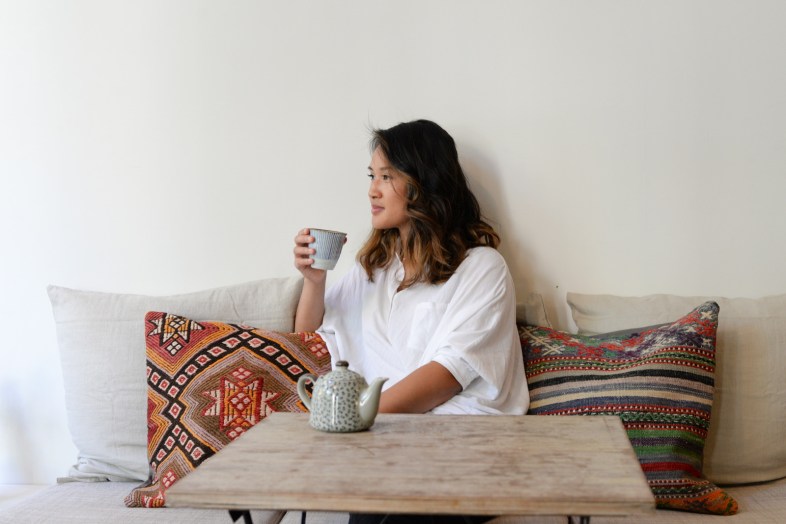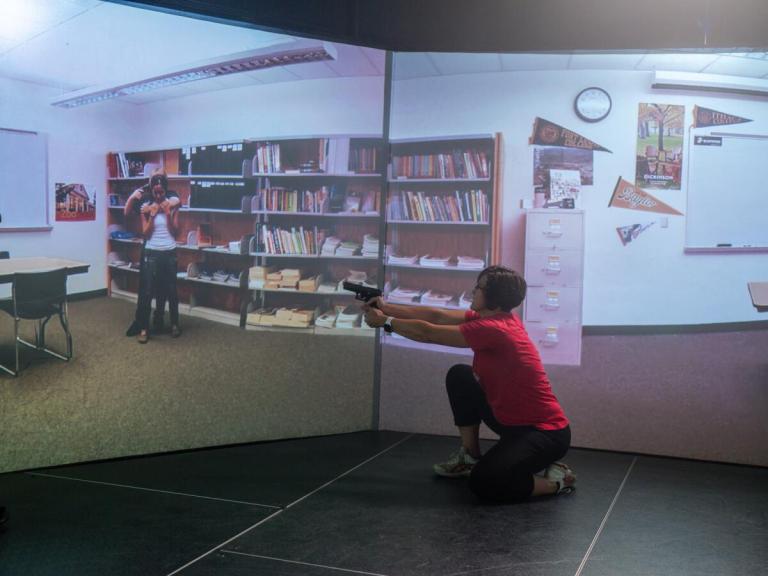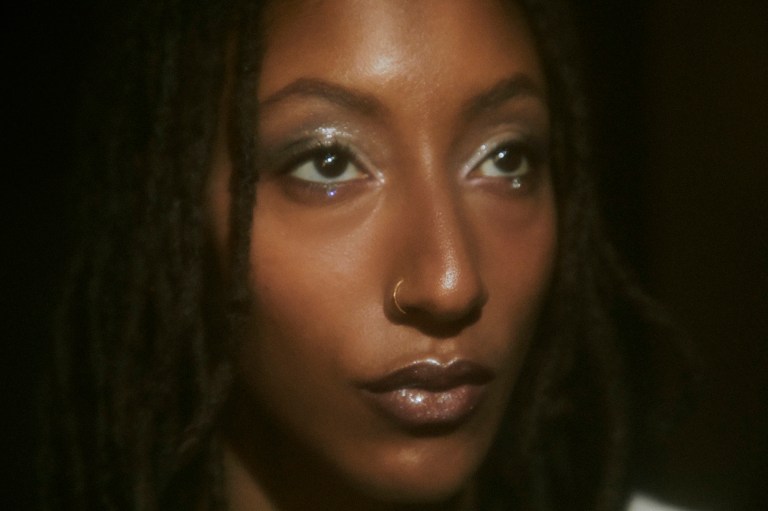
17 Ways Being An Introvert Is Different In Your 30s Than in Your 20s

When I interviewed introverts for my upcoming book, The Secret Lives of Introverts: Inside Our Hidden World, I noticed that introversion looks a lot different in your 30s than it does in your 20s. And that makes sense, because in your 30s, your priorities change. You probably see this all over your Facebook news feed — pictures of partying are replaced by pregnancy bumps, and tiny apartments become sprawling suburban houses. So, here are 17 ways that being an introvert is different in your 30s than it is in your 20s. I can’t speak for every introvert (or 30-something), but I believe this list is generally true:
1. In your 30s, you don’t feel as much pressure to live up to the “extrovert ideal.” You just don’t care as much about what other people think of you. You’re generally okay with having a quiet personality and living a calm, introverted life.
2. Because you don’t care as much about other people’s opinions, you also feel less guilt when you leave a party early or don’t go in the first place. If people judge you for needing time alone to recharge, that’s on them, not you.
3. You understand yourself better because you’ve lived with your brain and body for three decades. You know what your limits are, but you also know it’s healthy to occasionally push yourself beyond your comfort zone. You know what kinds of social situations drain you (big groups and small talk), but you also know what energizes you (close friends and meaningful conversation). You purposefully seek out the kinds of socializing that leave you feeling good afterward.
4. In your 20s, you were the weird one if you didn’t party. In your 30s, you and a lot of your peers have time-intensive careers, families, and other obligations, so it’s completely normal to be too busy to blow a whole weekend drinking with friends.
5. You have just 1-3 good friends, and that’s how you like it. You feel a lot less pressure to hang out with people just to pass the time or because it’s expected of you. Plus, you’re choosier about who you let into your inner circle. If a friendship is not fulfilling, you figure it’s not worth your time.
6. You’re better at explaining your need for alone time. As a result, your family and friends don’t get as offended as they did in your 20s when you say you need time to yourself. On some level, they’ve come to accept that this is just who you are.
7. You don’t push your limits for socializing as much as you used to. That’s because, in your 20s, you had more time and leeway. If you stayed out late, socialized too much, and got an introvert hangover, you could make up for it by sleeping late and spending the rest of the weekend alone. You can’t get away with that now, because you have more obligations.
8. If you have young children, you find that they can actually be helpful in social situations. People often want to talk about your baby, for example, instead of what’s going on with you — and that takes the pressure off you to make conversation. Plus, you always have an excuse to leave the get-together early — it’s your kid’s bedtime! Or you have to relieve the babysitter!
9. However, if you have kids and/or a committed, live-in relationship, the downside is you don’t get as much alone time as you did in your 20s. Someone always seems to need you.
10. In your 30s, you have an easier time saying no to social invitations, because you’ve come to realize that you can’t do it all. You don’t have the seemingly endless time and energy you had in your 20s.
11. A decade ago, being an introvert wasn’t a thing. You were considered strange, anti-social, or weird for being the quiet one. Now that the “introvert positive” movement is here, there’s a term for what used to make you feel like the weird one — “introvert.” Say what you will about labels, but that little label may have changed your life; it means you’re not broken and there are other people out there like you.
12. On the downside, in your 30s, finding and keeping friends is harder (hey, introverts get lonely and need strong connections, too). You and your college friends have probably drifted apart (for better or worse). It’s really hard to find new friends because you’re not surrounded by people your age like you were in your 20s. Plus, everyone is just busier now, so even when you meet someone new, it’s harder to make time for them. Friendship is seen as a luxury, not a necessity.
13. Your social skills are A LOT better. You can make small talk with strangers when you have to, and generally, you’re more confident. That’s because you’ve probably been in the work world for about a decade now. Being a professional forced you to learn how to deal with people better (even if you still don’t want to).
14. You’re less timid and you speak your mind more, because hey, why not? In your 20s, it seemed like you had your whole life ahead of you, but in your 30s, a few gray hairs (or a lack of hair) reminds you that life is short.
15. It’s easier to explain your needs in a romantic relationship. In your 20s, you may have felt that you had to go to every party or event with your significant other. Now you can confidently say it’s not your thing and leave it at that.
16. You’ve probably started paying more attention to your health because you recognize that your body isn’t as indestructible as it seemed in your 20s. This includes being quick to realize when you’re approaching social burnout and you need time alone.
17. Speaking of indestructible — your body can’t bounce back from drinking and partying as well as it did in your 20s. Hangovers are so much worse. This is just one more reason to stay in tonight. ![]()
For more articles like this, check out IntrovertDear.com. To dive into the introvert’s inner world, check out Jenn Granneman’s upcoming book, The Secret Lives of Introverts.











